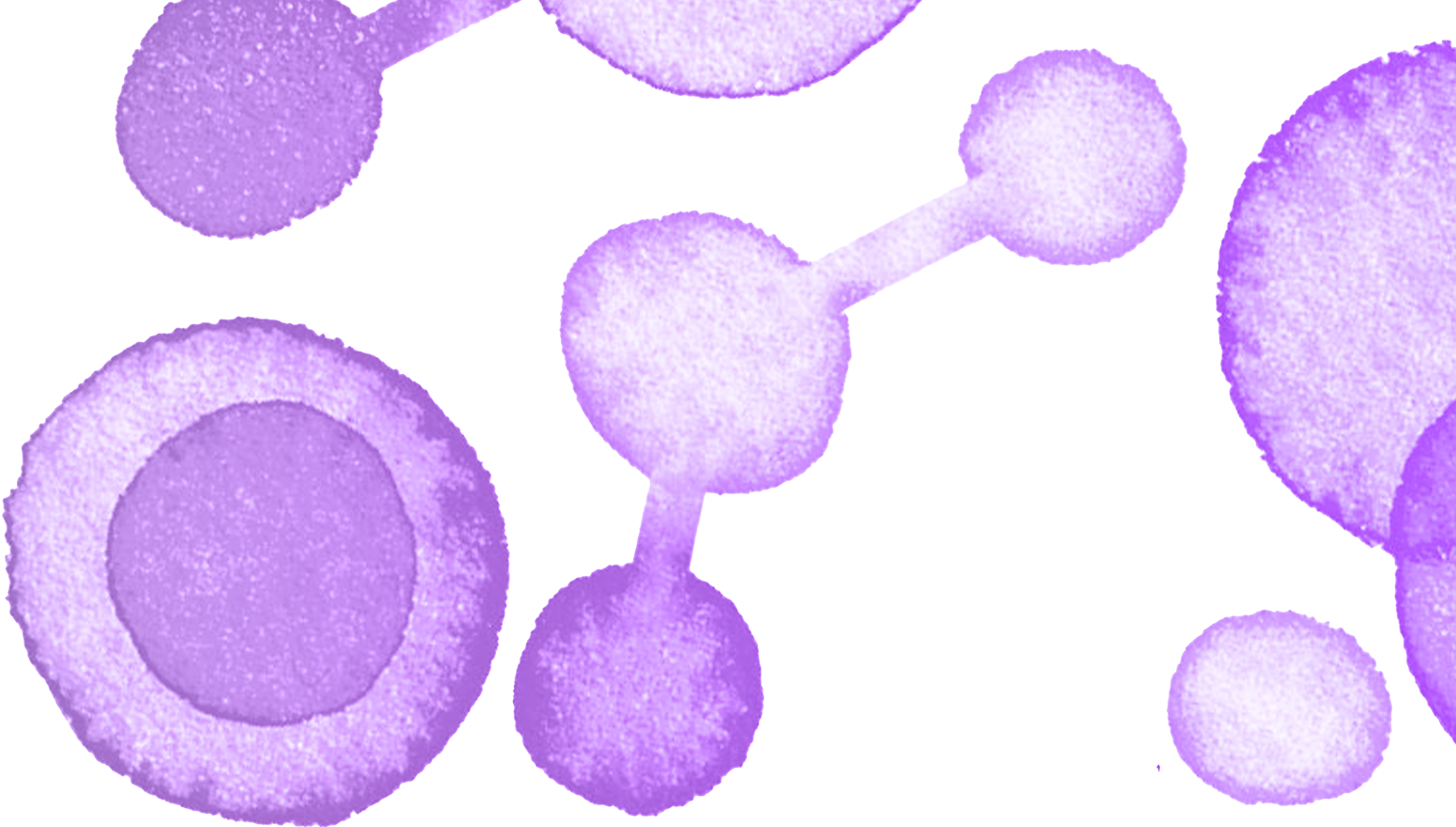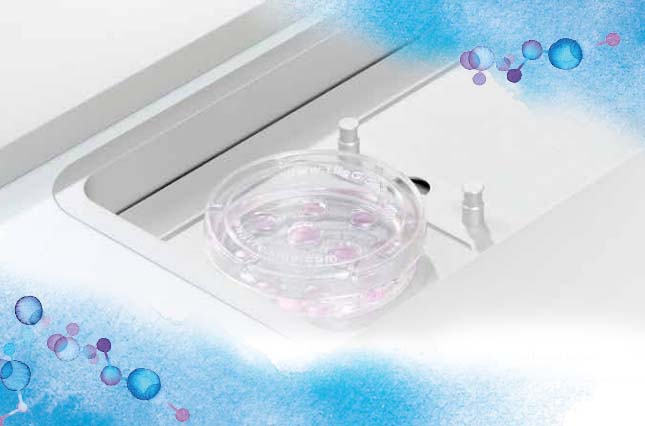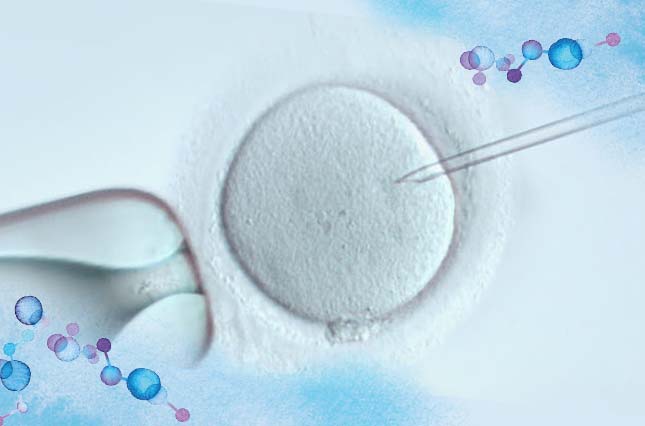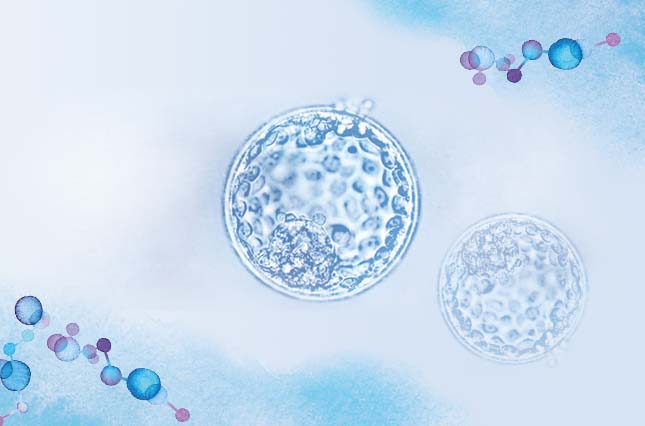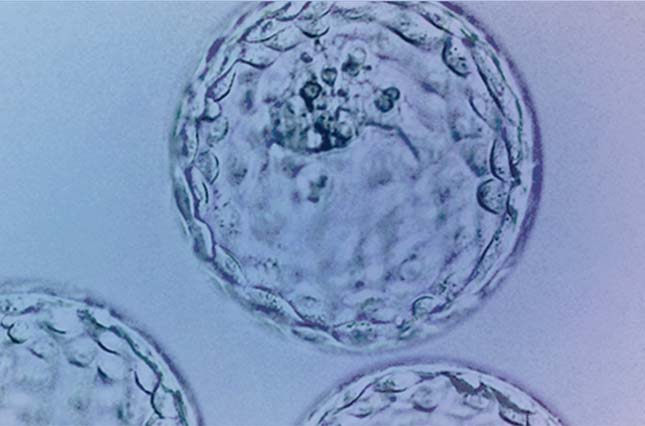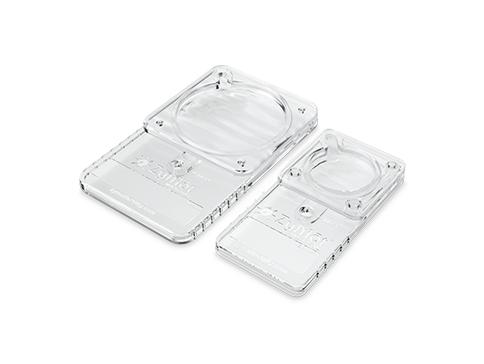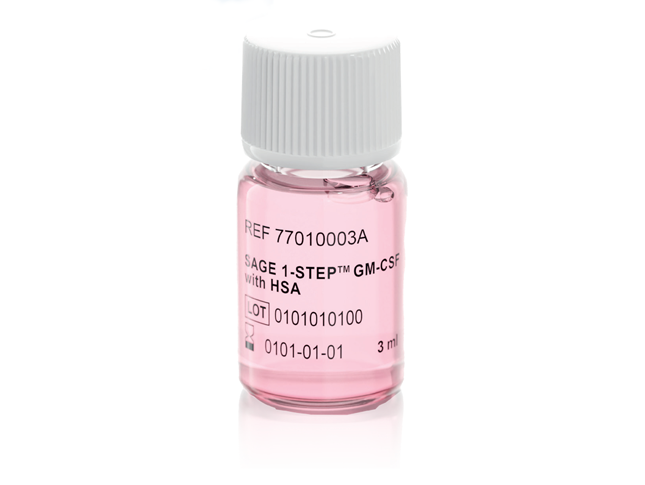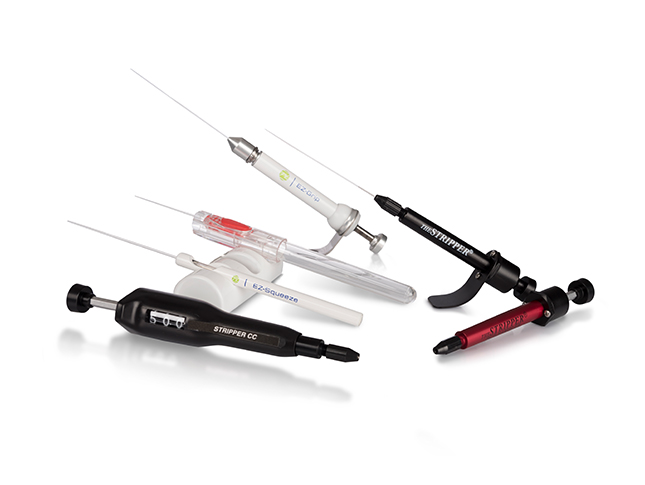Innovative solutions for patients with a poor response to IVF procedures
Implantation requirements: Embryo competency and endometrial receptivity
In this webinar, Mike Large, PhD, Senior Director for Research and Development (Genomics) at CooperSurgical introduced participants to the key aspects of the embryo-endometrium relationship.
He covers topics including signalling between the embryo and endometrium, the role of cytokines/growth factors and the importance of euploid embryo and receptive endometrium in maximizing implantation and ongoing pregnancy rates.
Tailoring the IVF treatment approach for Poor Prognosis Patients
CooperSurgical Fertility and Genomics Solutions offer a range of innovative products to help improve IVF prognosis and optimize a couple’s chances of having a child.
ART prognosis is influenced by several factors, including maternal age, reproductive history and duration of infertility. Therefore, for patients experiencing recurrent implantation failure or recurrent miscarriage, it is likely that the etiology is equally multifactorial.
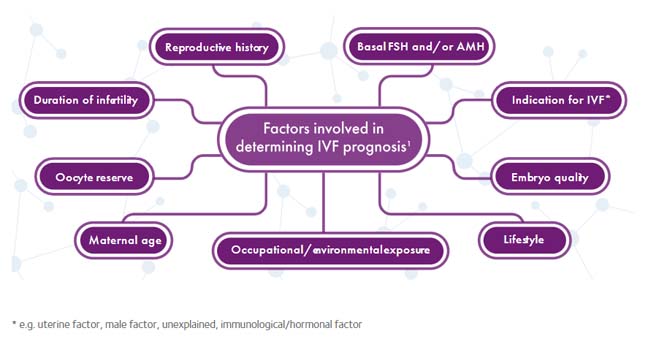

Recurrent implantation failure2
Implantation failure is defined as no sign of implantation following embryo transfer (i.e. no detectable HCG production) or no visible intrauterine sac 5 weeks after the embryo was transferred, despite initial indicators of implantation.¹ Recurrent implantation failure is commonly defined as failure to acheive clinical pregnancy after transfer of ≥4 good-quality embryos in ≥3 fresh or frozen cycles.
Recurrent miscarriage3,4
Recurrent miscarriage is defined as ≥3 consecutive spontaneous pregnancy losses at less than 24 weeks of gestation. However, as some studies indicate, the risk of recurrent miscarriage after two consecutive losses is similar to the risk after three losses. Investigations may be started earlier, especially if the woman is >35 years, or if the couple have had difficulty conceiving either naturally or after IVF.
Tailored IVF treatments for challenging cases
| Enhanced fertility workup | Recurrent implantation failure | Recurrent miscarriage |
| Evaluate risk of sperm DNA fragmentation with HBA Assay® | Yes | Yes |
| Tailored IVF treatment options | Recurrent implantation failure | Recurrent miscarriage |
| Select sperm with PICSI Dish® or SpermSlowTM | Yes | Yes |
| Culture embryos in GM-CSF enriched culture media | Yes | Yes |
| Screen embryos for aneuploidies with PGT-A | Yes | Yes |
| Screen embryos for rearrangements with PGT-SR | Yes | Yes |
| Identify the best time for transfer with ERPeakSM endometrial receptivity test | Yes |
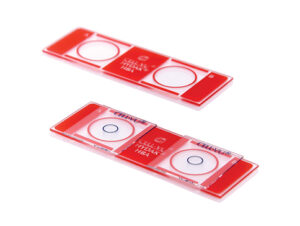
HBA® Assay
Identifies patients with low HBA scores; a low score correlates with poorer fertilization, pregnancy and cleavage rates.5
Learn More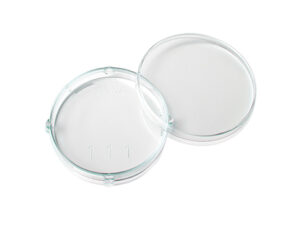
PICSI® Dish and SpermSlowTM
Reduces implantation failure and miscarriage rates for patients with low HBA scores by selecting for sperm with high DNA integrity.6,7
Learn More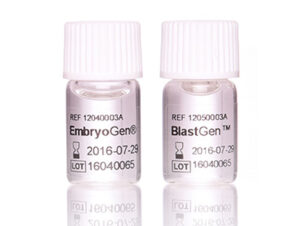
Culture Media with GM-CSF
Increases ongoing implantation rates8 and significantly improves live birth rates9 for patients with a history of recurrent implantation failure or miscarriage.
Learn More
ERPeakSM Test
Detects the receptivity status of the woman’s endometrium to provide information on the most suitable time for embryo transfer.
Learn More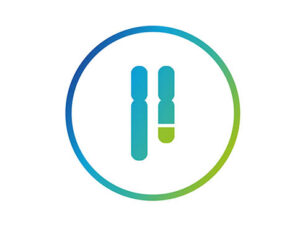
PGT-SR
Identifies embryos with the correct amount of chromosomal material, which are most likely to lead to a healthy live birth.
Learn MoreReferences:
- Van Loendersloot LL, et al. Predictive factors in in vitro fertilization (IVF): a systematic review and meta-analysis. Human Reproduction Update. 2010;16:577–589
- Coughlan C, et al. Recurrent implantation failure: definition and management. Reprod Biomedicine Online. 2014;28:14–38
- Stirrat GM. Recurrent miscarriage. Lancet. 1990;336:673–675
- Jeve YB and Davies W. Evidence-based management of recurrent miscarriages. J Hum Reprod Sci. 2014;7:159–169
- Fen TCT, et al. Relationship between sperm hyaluronan-binding assay (HBA) scores on embryo development, fertilisation, and pregnancy rate in patients undergoing intra-cytoplasmic sperm injection (ICSI). Proceedings of Singapore Healthcare. 2013;22:120–124
- Worrilow KC, et al. Use of hyaluronan in the selection of sperm for intracytoplasmic sperm injection (ICSI): Significant improvement in clinical outcomes − multicenter, double-blinded and randomized controlled trial. Human Reproduction. 2013;28:306–314
- Erberelli RF, et al. Hyaluronan-binding system for sperm selection enhances pregnancy rates in ICSI cycles associated with male factor infertility. JBRA Assisted Reproduction. 2017;21:02–06
- CooperSurgical, data on file
- Ziebe S, et al. A randomized clinical trial to evaluate the effect of granulocyte-macrophage colony-stimulating factor (GM-CSF) in embryo culture medium for in vitro fertilization. Fertil and Steril. 2013;99:1600–1609
- https://www.sart.org/

